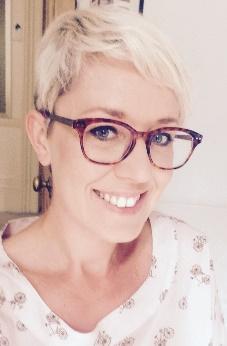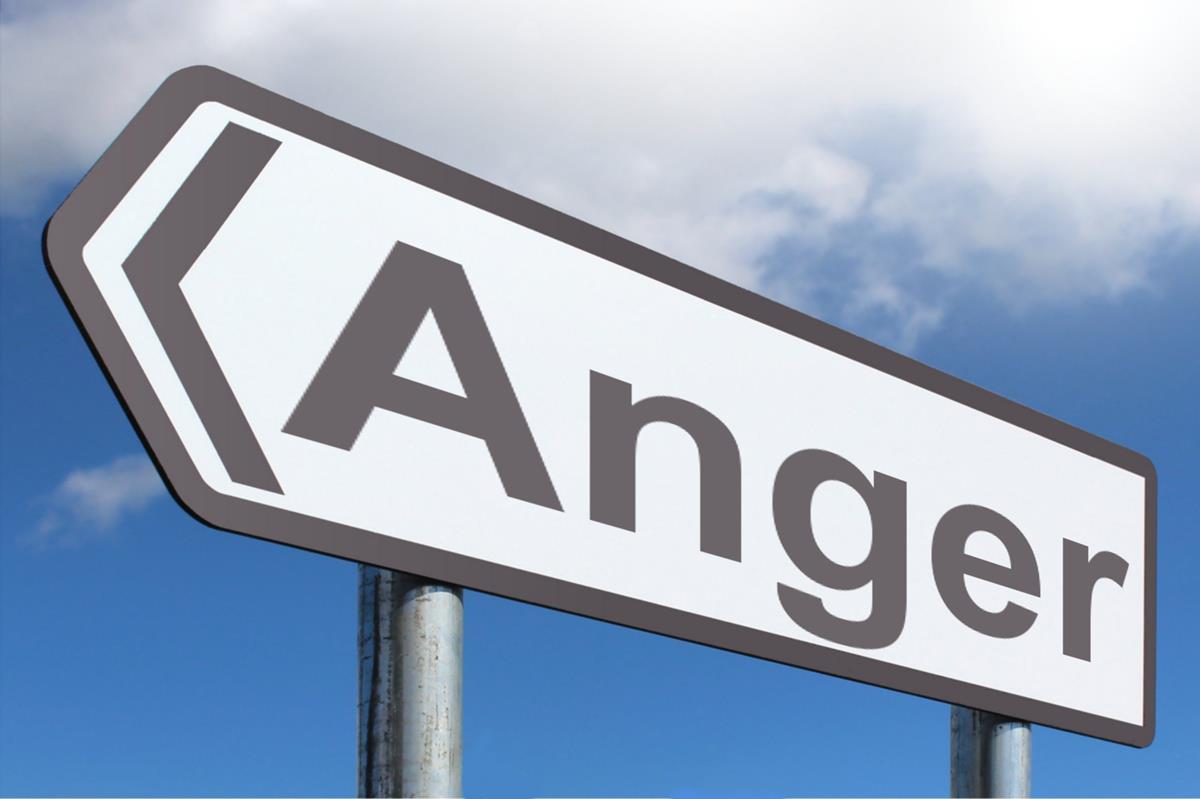
Our relationship to our anger can be complex. Anger often triggers feelings of shame and guilt – but it can also be a useful guide. Monika McIntosh, a psychotherapist who works with children, adolescents and adults alike, looks at the different aspects of anger, and how it can manifest in parents and children.
Anger is an emotion that none of us are strangers to, but it is also one that many of us have a very ambivalent relationship to. We can feel confused by it, lost within it, or overwhelmed with it. We might spend years trying to hide it, control it or manage it. It can be an emotion that rules our lives, triggers the most shame in us and creates ruptures in the most intimate relationships – especially between parents and their children.
As a society we developed a belief that we need to get rid of or manage our anger, which explains the seductive nature of anger management programmes which promise anger-free lives. But is this the best way to relate to our anger, or anger in our children? As a psychotherapist and counsellor for children, adolescents and adults, I have been able to witness and work with anger in all its shades and across different life cycles.
In the course of this work I have shared therapeutic space with parents-to-be who felt frightened of their emerging anger at their own parents. I have listened to parents overwhelmed by their anger at their children or their children’s own anger. I have worked with many angry and hurt children and adolescents, whose confusion about their feelings led to their anger being expressed in the form of aggression at home or school, or became internalised and expressed through self-harming behaviours.
Many adults who seek psychotherapy often find themselves feeling burdened by years of shame and guilt related to their anger at their parents, partners or children. Where does this complex relationship with anger start – and can we do anything about it?
Often the origins of anger can be located in the life cycles of childhood and adolescence. The relationship that we develop to our and other people emotions in that phase of our lives can become a pattern we follow throughout our adult lives. As parents we do our best with the time and resources we have, but even with the best intentions we will come across obstacles and influences that are beyond our control. At the same time our own emotional and relational blind spots can make the task of helping our children to manoeuvre through different developmental stages very difficult. This is the time when parent, child or adolescent psychotherapy can become very helpful.
If anger, challenging behaviour or family conflict was the reason for a client’s initial referral, we might start by exploring parental history with anger (and other emotions – anger never exists in isolation). We might then explore the function of anger in the family system and try to understand its triggers and patterns. We try to learn the nuances of the language that anger speaks and learn to use it as our internal resource rather than enemy.
In some case, parental sessions can be sufficient in helping to gain insight into their child’s or adolescent’s emotional world and create changes, but sometimes child or adolescent individual psychotherapy or counselling is also required.
 Child and adolescent psychotherapy helps both the individual young person and the therapist understand their internal and external worlds through symbolic play, creative mediums or talking. An experienced therapist can help them to notice their anger at an early stage, understand what it might be communicating and express it in a calm constructive way. In my practice, the guiding principle of this work is: “Anger is ok, aggression is not”.
Child and adolescent psychotherapy helps both the individual young person and the therapist understand their internal and external worlds through symbolic play, creative mediums or talking. An experienced therapist can help them to notice their anger at an early stage, understand what it might be communicating and express it in a calm constructive way. In my practice, the guiding principle of this work is: “Anger is ok, aggression is not”.
I attempt to help children and adolescents to see their anger as a useful messenger that can allow them to identify when something significant is happening in their internal or external world of experience. If we learn to notice our anger early and identify the need that it might highlight, we can live more authentic lives, where our curious and compassionate approach to ourselves will guide our relationships and choices and hopefully help us to manage any obstacles that we often meet on our life journey.
If you struggle as a parent to understand your own anger or your children’s anger it might be helpful to consider parental psychotherapy session, or individual psychotherapy for your child. Early support can create a strong foundation for your child’s future and can help to negotiate complicated internal and external relationships.
In the meantime, do reflect on your relationship to your own anger and how it might be shaping the relationship to how your child expresses that emotion. Even simply the awareness that anger can be our internal guide rather than an enemy can reduce our feelings of shame and judgement.
A member of UKCP and BACP, Monika completed 5 years training in Integrative Psychotherapy and Counselling and holds a Masters in Integrative Child and Adolescent Psychotherapy and Counselling. Read more about her work here.


